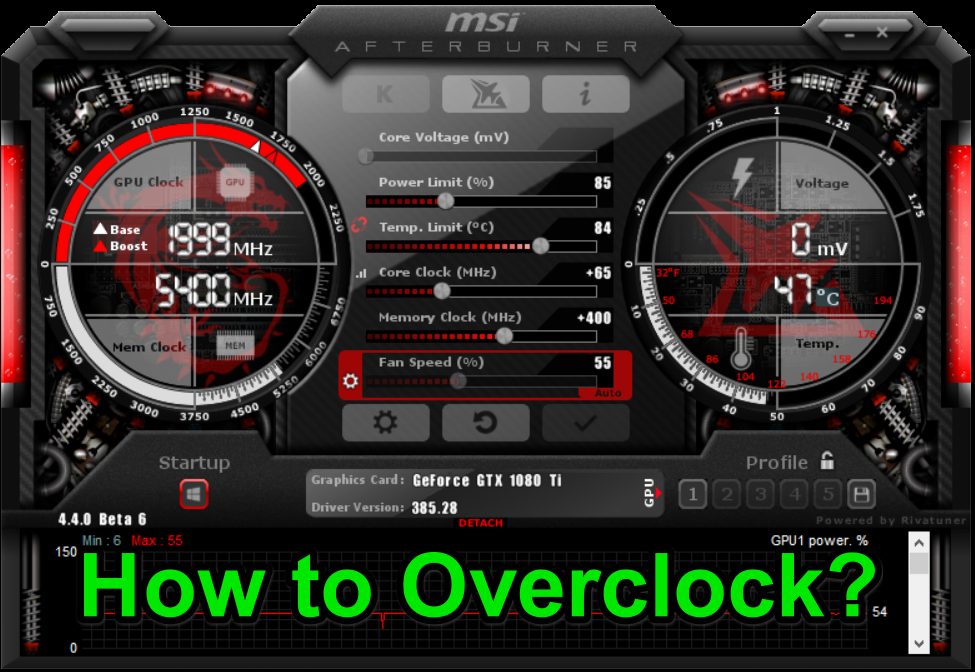


Still, it may spike to 45 degrees Celsius under load and drop back to 20 degrees Celsius. The average system temperature is 25 degrees Celsius when all cores operate at 1.4GHz, and the computer is restarted at that temperature. The excessive temperature and CPU load on your machine are probably reducing its performance. Scanning your computer for viruses and other malware is essential. You can disconnect the CPU from the motherboard and then remove the overclocking chip. Taking out the overclocking device is the last step before you can start using your computer normally again. To enable overclocking, you must enter the system’s BIOS and locate the appropriate option. Second, you can turn off the overclocking characteristics of your motherboard. The BIOS can tweak the clock speed if you need to change it. The first option is to reduce the CPU’s clock speed. There are various options available if you want to cease overclocking your CPU. If your CPU, GPU, or RAM becomes too hot, it might fry its internal circuitry. It’s still possible to create a significant amount of heat when using your computer at the maximum efficiency setting.

If your computer’s cooling system isn’t up to the standard, overclocking the CPU might cause irreparable harm. Related Article: Is 80 Degrees Celsius hot for a GPU? Can Overclocking Destroy Your CPU? When overclocking your gear, it is essential to have a high degree of safety. Overclocking a computer increases the risk of overheating components. It’s possible to harm by overtightening a card. It’s possible to break both the graphics card and the motherboard if you overclock your GPU. Overclocking your GPU is risky since it might destroy both the processor and the motherboard. The danger of an overclock might be increased if it is performed poorly. Essential factors to consider for overclocking GPUs.Steps To Turn Off Different GPU Overclocking:.


 0 kommentar(er)
0 kommentar(er)
